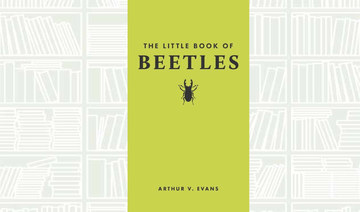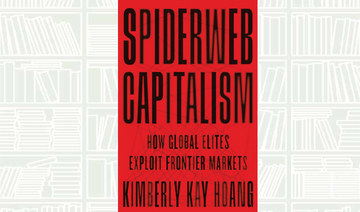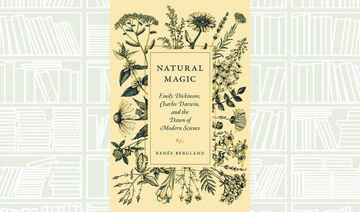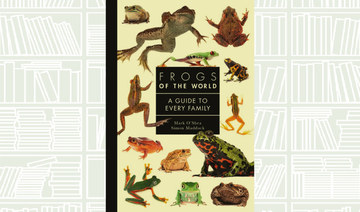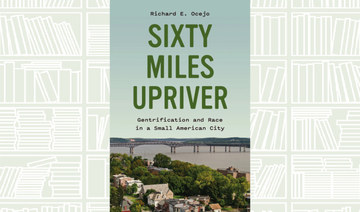Author: Sheldon S. Wolin
Edited by Nicholas Xenos
Sheldon Wolin was one of the most influential and original political thinkers of the past 50 years. Fugitive Democracy brings together his most important writings, from classic essays such as “Political Theory as a Vocation,” written amid the Cold War and the conflict in Vietnam, to his late radical essays on American democracy such as “Fugitive Democracy,” in which he offers a controversial reinterpretation of democracy as an episodic phenomenon distinct from the routinized political management that passes for democracy today.
The breathtaking range of Wolin’s scholarship, political commitment, and critical acumen are on full display in this authoritative and accessible collection. He critically engages a diverse range of political theorists, including Thomas Hobbes, Karl Marx, Max Weber, Hannah Arendt, John Rawls, Michel Foucault, and Richard Rorty.
These essays grapple with topics such as power, modernization, the sixties, revolutionary politics, and inequality, all the while showcasing Wolin’s enduring commitment to writing civic-minded theoretical commentary on the most pressing political issues of the day. Here, Wolin laments the rise of conservatives who style themselves as revolutionary, criticizes Rawlsian liberals as abstract to the point of being apolitical, diagnoses postmodern theory as a form of acquiescence, and much more.
Fugitive Democracy offers enduring insights into many of today’s most pressing political predicaments, and introduces a whole new generation of readers to this provocative figure in contemporary political thought.
What We Are Reading Today: Fugitive Democracy and Other Essays
What We Are Reading Today: Fugitive Democracy and Other Essays
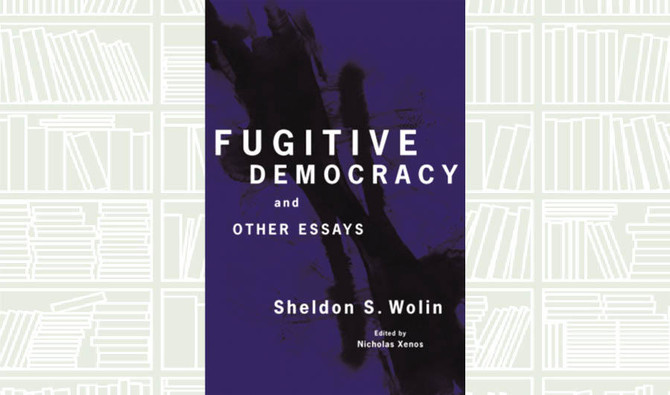
What We Are Reading Today: The Mystery of the Invisible Hand
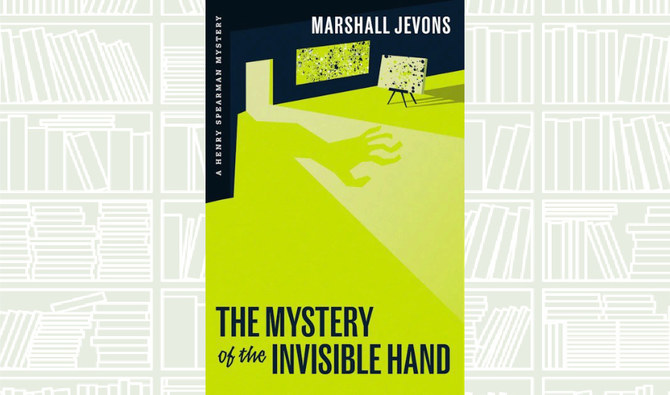
Author: Marshall Jevons
In “The Mystery of the Invisible Hand,” Henry Spearman, an economics professor with a knack for solving crimes, is pulled into a case that mixes campus intrigue, stolen art, and murder.
Arriving at San Antonio’s Monte Vista University to teach a course on art and economics, he is confronted with a puzzling art theft and the suspicious suicide of the school’s artist-in-residence.
From Texas to New York, Spearman traces the connections between economics and the art world, finding his clues in monopolies, auction theory, and Adam Smith.
What We Are Reading Today: ‘The Little Book of Beetles’
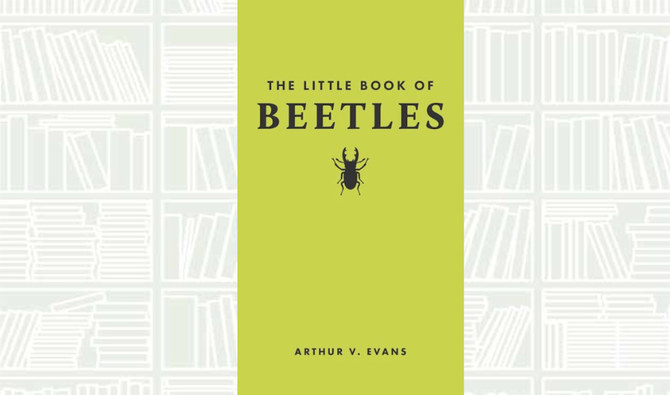
Author: ARTHUR V. EVANS
Packed with surprising facts, this delightful and gorgeously designed book will beguile any nature lover. Expertly written and beautifully illustrated throughout with color photographs and original color artwork, “The Little Book of Beetles” is an accessible and enjoyable mini-reference about the world’s beetles, with examples drawn from across the globe.
It fits an astonishing amount of information in a small package, covering a wide range of topics — from anatomy, diversity, and reproduction to habitat and conservation.
What We Are Reading Today: Spiderweb Capitalism: How Global Elites Exploit Frontier Markets
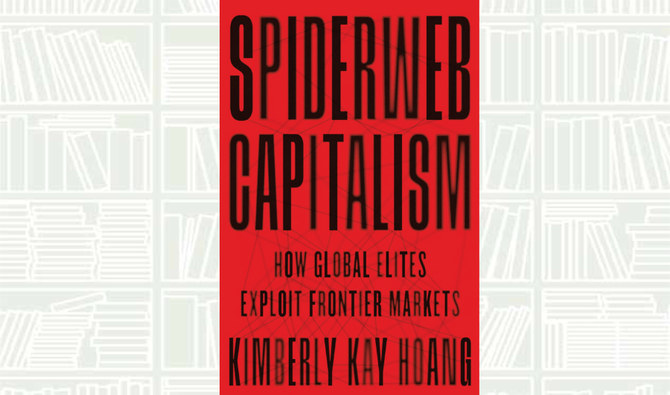
- Hoang reveals the strategies behind spiderweb capitalism and examines the moral dilemmas of making money in legal, financial, and political gray zones
Author: Kimberly Kay Hoang
In 2015, the anonymous leak of the Panama Papers brought to light millions of financial and legal documents exposing how the superrich hide their money using complex webs of offshore vehicles. Spiderweb Capitalism takes you inside this shadow economy, uncovering the mechanics behind the invisible, mundane networks of lawyers, accountants, company secretaries, and fixers who facilitate the illicit movement of wealth across borders and around the globe.
Kimberly Kay Hoang traveled more than 350,000 miles and conducted hundreds of in-depth interviews with private wealth managers, fund managers, entrepreneurs, C-suite executives, bankers, auditors, and other financial professionals. She traces the flow of capital from offshore funds in places like the Cayman Islands, Samoa, and Panama to special-purpose vehicles and holding companies in Singapore and Hong Kong, and how it finds its way into risky markets onshore in Vietnam and Myanmar.
Hoang reveals the strategies behind spiderweb capitalism and examines the moral dilemmas of making money in legal, financial, and political gray zones.
Dazzlingly written, Spiderweb Capitalism sheds critical light on how global elites capitalize on risky frontier markets, and deepens our understanding of the paradoxical ways in which global economic growth is sustained through states where the line separating the legal from the corrupt is not always clear.
What We’re Reading Today: Work Life Well-lived
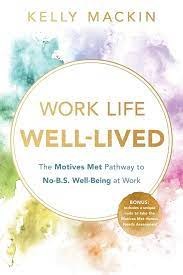
Author: Kelly Mackin
This book will disrupt how you think about creating your best work life and workplace and give you a road map to get you there, says a review published on goodreads.com.
Through years of research and truth-finding, Kelly Mackin and her company, Motives Met, have discovered a completely new mindset and approach around what well-being at work is all about, how to get there, and why it’s so important that we do get there.
This book is a personal guide and a call to action for a shift in our approach to work.
What We Are Reading Today: Natural Magic
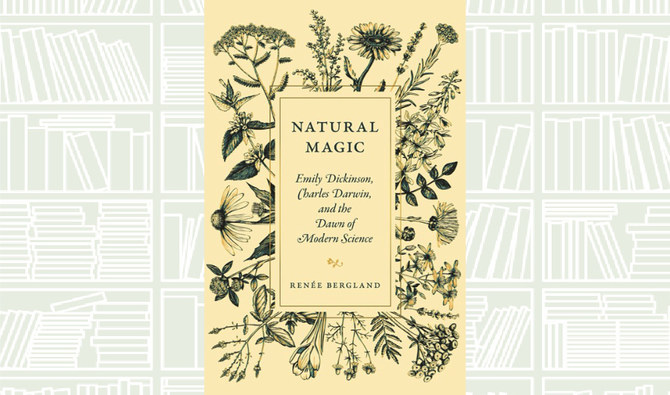
Author: Renee Bergland
Emily Dickinson and Charles Darwin were born at a time when the science of studying the natural world was known as natural philosophy, a pastime for poets, priests, and schoolgirls.
The world began to change in the 1830s, while Darwin was exploring the Pacific aboard the Beagle and Dickinson was a student in Amherst, Massachusetts.
“Natural Magic” intertwines the stories of these two luminary 19th-century minds whose thought and writings captured the awesome possibilities of the new sciences and at the same time strove to preserve the magic of nature.


